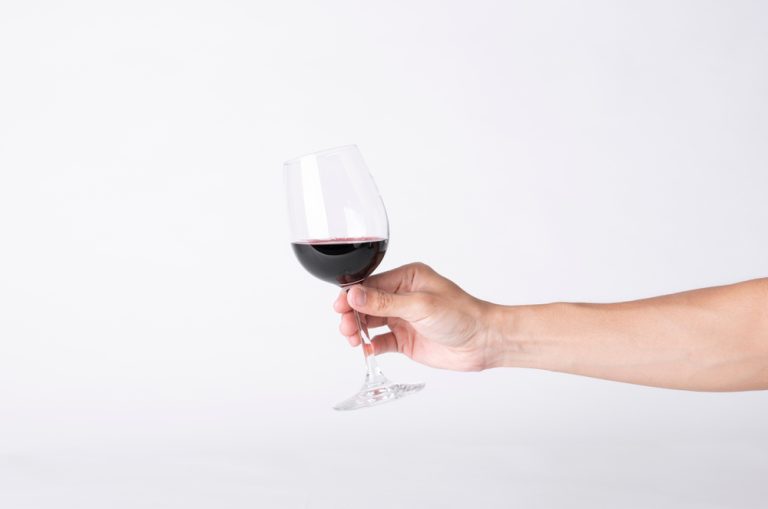What Is Alcoholic Nose? Rhinophyma Causes & Symptoms
So a person with rhinophyma may see their nose get redder or more pigmented when they drink. If a person drinks too much alcohol, their nose might become bright red
So a person with rhinophyma may see their nose get redder or more pigmented when they drink. If a person drinks too much alcohol, their nose might become bright red if they suffer from rhinophyma. Whether a person is dealing with rhinophyma https://megapolisnews.com/top-5-advantages-of-staying-in-a-sober-living-house/ or alcoholism, it should not be acceptable to alienate a person or group of people due to a disease. There are several million individuals who attempt to manage their addiction every day, and less than eight percent actually seek treatment.
Why Alcohol Abuse Gets The Blame For Rhinophyma
If you or a loved one are in search of treatment services for alcohol use disorder, help is available. This is a very common skin condition that tends to emerge for weeks or months at a time. Rosacea is caused by blood vessels swelling under the skin, causing red skin sores.
- Sometimes, this can include relying on ablative lasers or electrical currents (a treatment known as diathermy) to help remove excess tissue.
- With time, alcohol abuse can worsen rosacea and contribute to the development of rhinophyma (alcoholic nose).
- If caught in the early stages, however, symptoms can often be managed with medication and lifestyle changes.
- If you find yourself experiencing frequent nosebleeds, it may be a sign that you should consider seeking help for alcohol use or addressing other potential triggers.
Understanding Alcoholic Nose Bleeds
Combining alcohol with certain medications also can cause reactions. Alcohol intolerance is caused by a genetic condition in which the body can’t break down alcohol efficiently. The only way to prevent these uncomfortable reactions is to avoid alcohol. While the exact cause of rhinophyma is unknown, evidence suggests there is a genetic and ethnic predisposition, typically running in families of fair-skinned, European descent.
Side Effects Of Alcohol Abuse
To learn about how we treat substance abuse at Ark Behavioral Health, please connect with our treatment specialists today. Several surgical techniques have been described in the management of rhinophyma. The main principle is shaving the redundant tissue while avoiding damage to the underlying cartilage. The depth of shaving should leave enough skin adnexal structures at the wound surface to allow proper healing by secondary intention. It is essential to fully understand the patient’s concerns and consider the emotional impact of the condition on the patient.
- Stress, sleeplessness, dehydration, depression, improper diet, dry skin, and many other factors can agitate rosacea and rhinophyma.
- Inpatient treatment may be necessary if you cannot stop drinking on your own.
- If you think you may have rhinophyma, it’s important to see a doctor or dermatologist for diagnosis and treatment.
- Rhinophyma exacerbated by heavy drinking can cause the cartilage cells to swell, resulting in a bulbous or “flared” appearance.

Just because they have swelling and discoloration around the nose does not mean they are an alcoholic. This stigma has caused many people to feel uncomfortable and ostracized from Sober House society. The issue is that rhinophyma has absolutely nothing to do with alcoholism. Rosacea is a separate disease and disorder from alcoholism and has no connecting cause.
Why Have People Associated Rhinophyma With Alcohol Abuse?

The medical term for what we know as ‘alcoholic nose’ is rhinophyma. It is a type of rosacea, a skin disorder that causes redness, inflammation, and small, pus-filled bumps typically concentrated in the cheeks, nose, and chin. Rosacea is a chronic condition that tends to flare and go into remission; however those with Rhinophyma may find that their nose may continue to grow. If you’re struggling with alcohol abuse, it’s not too late to get help. There are many effective treatments for alcohol addiction, and Zinnia Health can give you the support you need to overcome your addiction and start living a healthier life. We offer various treatment options, including inpatient and outpatient programs, and our staff is dedicated to helping each patient achieve lasting sobriety.

